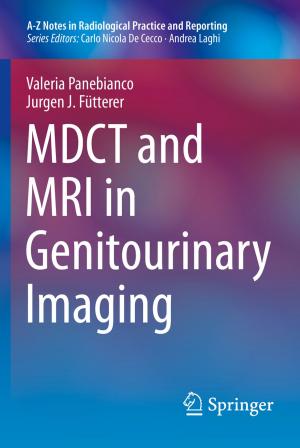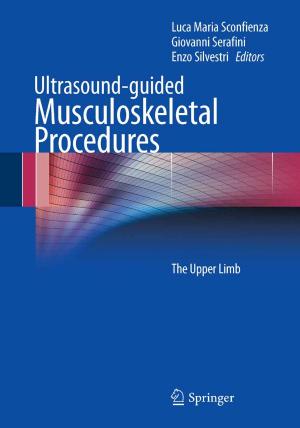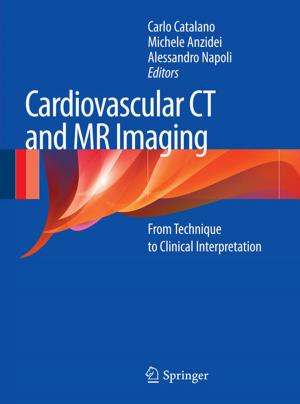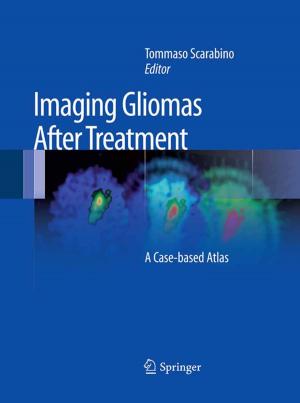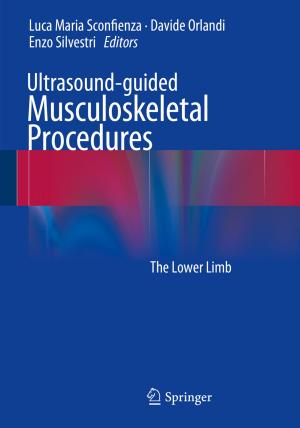Metabolism and Artificial Nutrition in the Critically Ill
Nonfiction, Health & Well Being, Medical, Specialties, Critical Care, Internal Medicine, Endocrinology & Metabolism| Author: | ISBN: | 9788847029019 | |
| Publisher: | Springer Milan | Publication: | December 6, 2012 |
| Imprint: | Springer | Language: | English |
| Author: | |
| ISBN: | 9788847029019 |
| Publisher: | Springer Milan |
| Publication: | December 6, 2012 |
| Imprint: | Springer |
| Language: | English |
The critically ill patient in intensive care may present with serious metabolic alterations caused directly by the illness or secondarily by complications (e.g. infections, organ failure or sepsis) developing within a few hours of hospitaliza tion or in the following days. Among the situations which maintain and further trigger rapidly evolving altered metabolism are complex hormonal reactions, particularly those of the hypothalamus-hypophysis-adrenal axis, and abnormal stimulation of the autonomic nervous system. In fact, the sympathetic nervous system is known to cause significant metabolic alterations. For example, a surgery patient afflicted by septic complications may become hypercatabolic and experience significant nitrogen loss; the altered protein metabolism may in turn heavily influence carbohydrate and lipid metabolism as well. Thus, it is apparent that for optimal care of patients with altered metabolic functions, further knowledge is necessary regarding the physiopathology of metabolism and the physiopathological mechanisms, which alter the consump tion of principal energy substrates. Many experimental and clinical studies have investigated the metabolic aspects of individual organs or organ systems. However, for a correct evaluation of such metabolic events, in addition to studying the roles of metabolic enzymes, active metabolites, and the glutathione system, it is interesting to consider the use of indirect calorimetry as a valid and important investigative technique. The critically ill patient with major alterations in nutritional status may require artificial nutritive support administered through either parenteral or enteral routes.
The critically ill patient in intensive care may present with serious metabolic alterations caused directly by the illness or secondarily by complications (e.g. infections, organ failure or sepsis) developing within a few hours of hospitaliza tion or in the following days. Among the situations which maintain and further trigger rapidly evolving altered metabolism are complex hormonal reactions, particularly those of the hypothalamus-hypophysis-adrenal axis, and abnormal stimulation of the autonomic nervous system. In fact, the sympathetic nervous system is known to cause significant metabolic alterations. For example, a surgery patient afflicted by septic complications may become hypercatabolic and experience significant nitrogen loss; the altered protein metabolism may in turn heavily influence carbohydrate and lipid metabolism as well. Thus, it is apparent that for optimal care of patients with altered metabolic functions, further knowledge is necessary regarding the physiopathology of metabolism and the physiopathological mechanisms, which alter the consump tion of principal energy substrates. Many experimental and clinical studies have investigated the metabolic aspects of individual organs or organ systems. However, for a correct evaluation of such metabolic events, in addition to studying the roles of metabolic enzymes, active metabolites, and the glutathione system, it is interesting to consider the use of indirect calorimetry as a valid and important investigative technique. The critically ill patient with major alterations in nutritional status may require artificial nutritive support administered through either parenteral or enteral routes.

